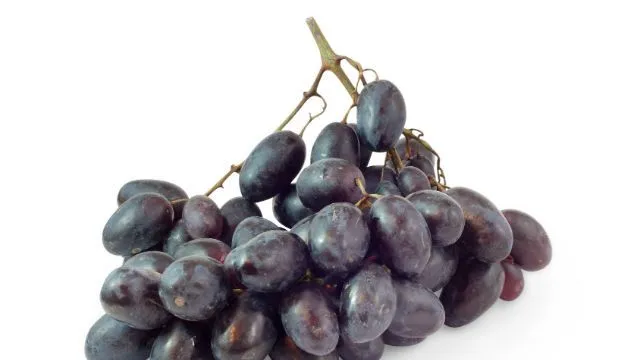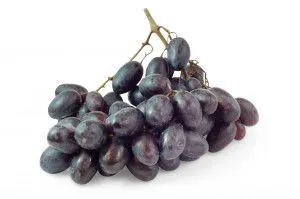
- Share on Facebook160
- Share on Pinterest
- Share on Twitter
Grapes have long been known to possess anti-inflammatory properties, with most of the antioxidants concentrated in the seeds and skin of this tiny, delicious fruit.
A new study performed at the University of Florida Institute of Food and Agricultural Sciences has isolated and tested these compounds, and found that they show promise in tackling a number of health concerns.
The study was performed using muscadine grapes, which have thick skins and are commonly used for making wine. After the wine is made, the skins and seeds of these grapes are usually discarded. However, the researchers found that the health benefits of these parts of the grape can surely have better uses than adding to landfills.
The researchers state that the skin of muscadine grapes naturally protects the grape from many insects, fungi and diseases. Similarly, they can help to protect humans from disease.
According to study co-author Maurice Marshall, a food science and human nutrition professor, the phenolic compounds found in grapes can help to prevent heart disease, hypertension and even certain cancers.
As inflammation has been found to be the root of many chronic ailments, consuming grapes, with skins and seeds intact, may aid in reducing our risk of many other diseases as well.
For their study, the researchers ground up the seeds and skins of muscadine grapes into a powder and soaked them in enzymes to extract the phenolic compounds. They found that while this extraction process actually reduced the amount of phenolics available, it increased the antioxidant activity of those that remained. This study marks exciting potential for these parts of wine grapes, previously dismissed as “waste products.”
One common chronic condition plaguing our country which may be mitigated by grapes is diabetes. Although this may seem counter-intuitive, as eating too many grapes can be detrimental to diabetics due to their high levels of natural fructose, research has shown that diets rich in grapes may help to prevent the onset of diabetes in the first place.
For those with diabetes already, extracts from the skins and seeds of grapes may hold promise. We recently reported on a study performed at Wayne State University, which found that the extract from grape skins may inhibit after-meal high blood sugar, clinically known as postprandial hyperglycemia.
 Dr. Marshall and his University of Florida colleagues state that their enzyme extraction of antioxidants from grape skins and seeds could lead to use in nutritional supplements, among other applications.
Dr. Marshall and his University of Florida colleagues state that their enzyme extraction of antioxidants from grape skins and seeds could lead to use in nutritional supplements, among other applications.
While we await further developments from them, adding grapes to a healthy diet, with skins and seeds intact, may indeed provide a wealth of benefits.
If you are diabetic, however, talk to your doctor about how to safely add grapes to your diet to avoid spiking your blood sugar.
-The Alternative Daily
Sources:
http://news.ifas.ufl.edu/2014/06/ufifas-study-shows-promise-for-antioxidants-extracted-from-grape-seeds-skin
http://research.wayne.edu/communications
- Share on Facebook160
- Share on Pinterest
- Share on Twitter

